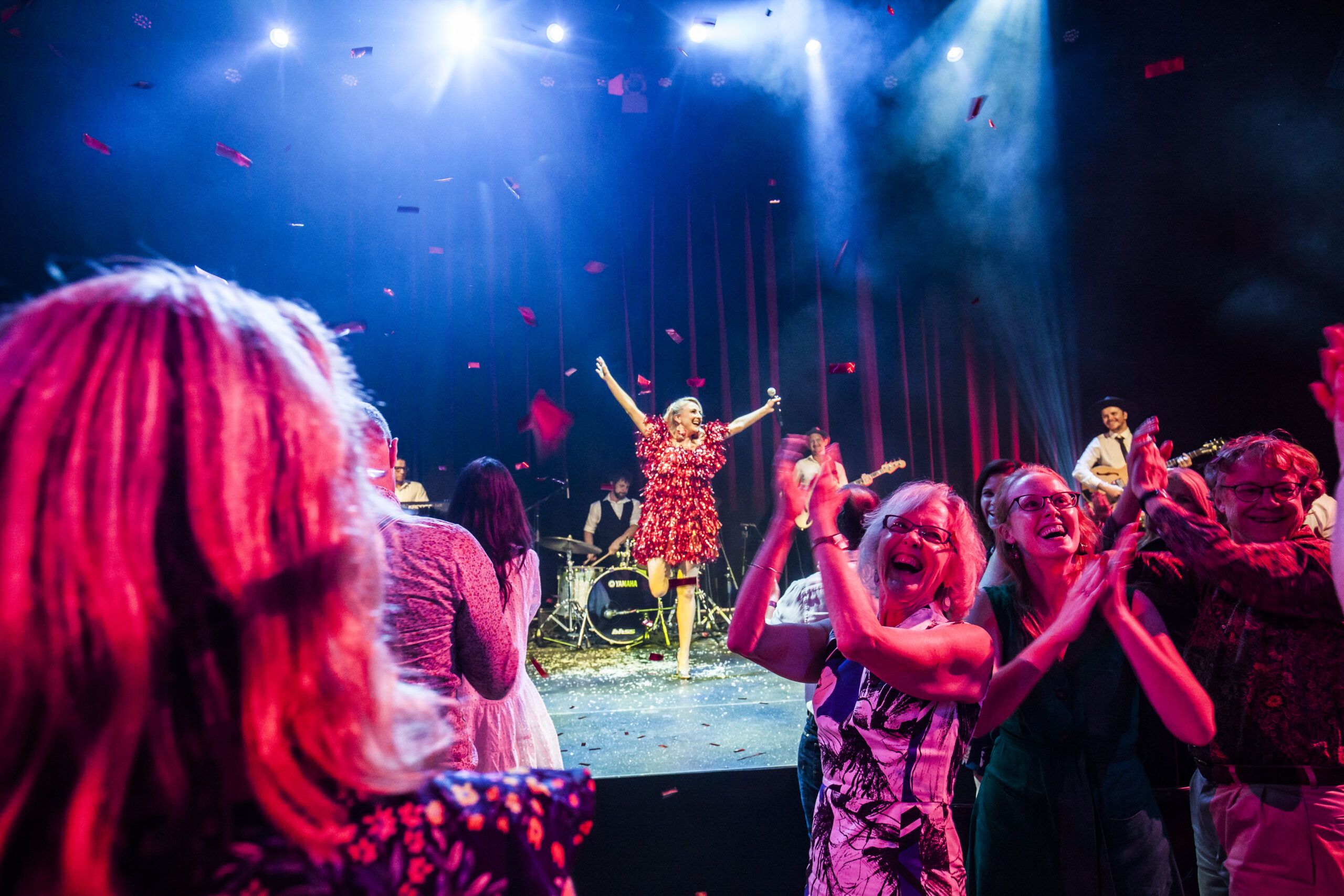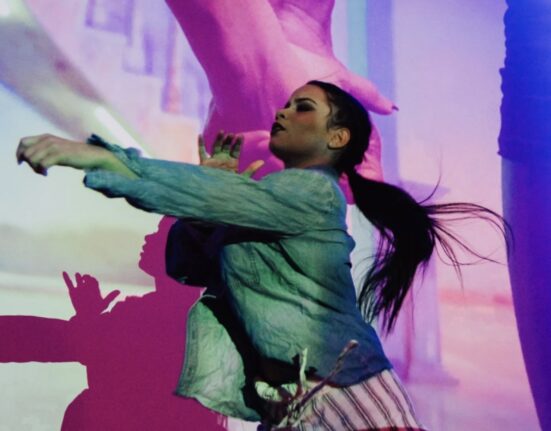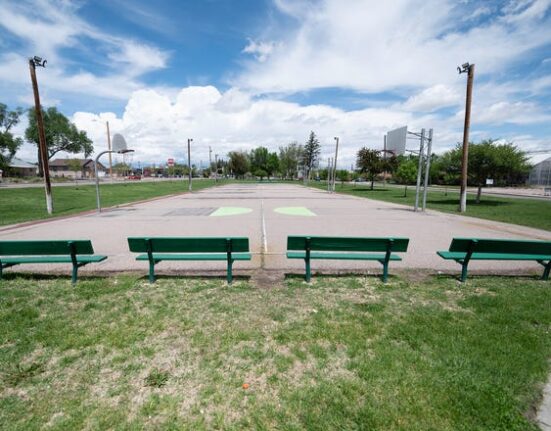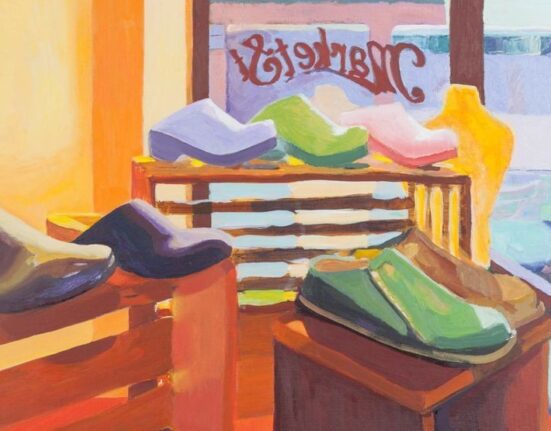Christmas carol concerts are Australia’s most popular arts event. Sydney’s Carols in the Domain regularly attracts a live audience of tens of thousands, with a million watching the follow-up broadcast.
Outside of sports pre-show and half-time entertainment, it is the most popular showcase of Australian musical talent. It is comparable only to the national broadcast audience for the grand finale of The Voice, which attracted just over a million viewers this year. Many more Australians will attend local church, school and community concerts showcasing amateur and professional musicians.
For performing artists across the country, Christmas represents a difficult time. For many, it’s a relative drought of opportunities as companies and music festivals break over the holidays. For others, it’s a busy stretch at the end of an already over-burdened year. Still, Christmas carol concerts often represent an annualised reliability. Their popularity is assured.
They are unique and challenging events, not only for the logistical burden of organising a diverse group of artists, but also for the necessary wrestling with concepts of “tradition” with which a 2023 carol concert invariably grapples. Usually white and Christian, relying on a musical framework popularised by European hymns, crafting a contemporary, relevant and nostalgic concert is a challenging balance.
Christmas shows and economic stability
‘Christmas is about tradition,’ says Naomi Price, co-Artistic Director of Little Red Company in Brisbane. Little Red has built Brisbane’s Lord Mayor’s Christmas Carols for three years. It has also produced an annual Christmas cabaret (Christmas, Actually), based on the film Love, Actually, for six years.
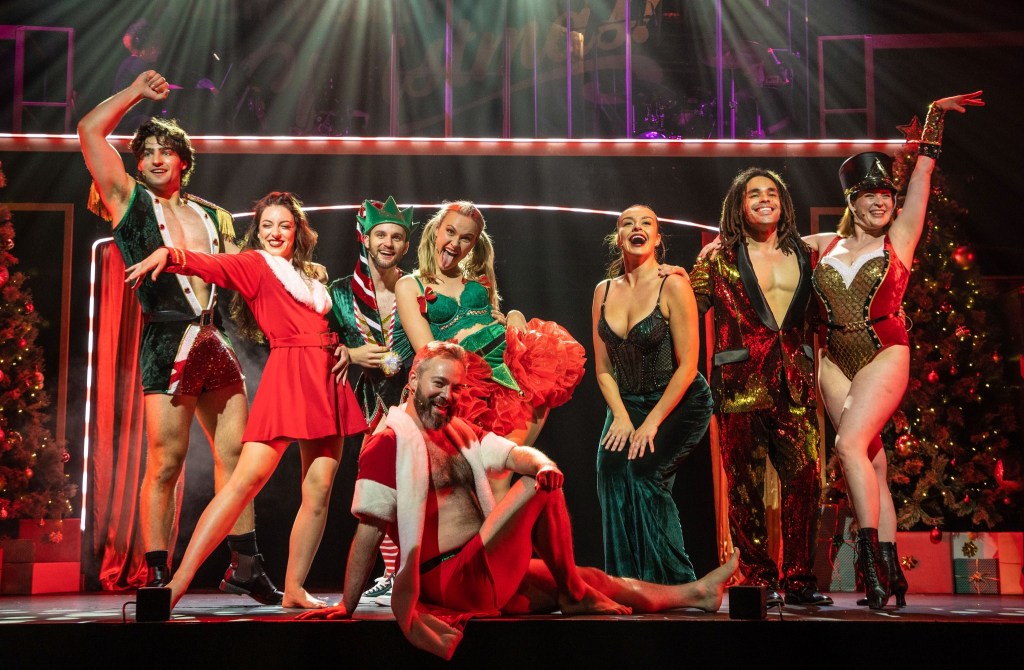
‘I can understand why audiences want comfort. It’s a really hard time of year. You’re often worried about money. You’re tired and burned out from the year. And, of course, if you’ve lost someone, then it’s a particularly painful time. So something like Christmas, Actually is a very generous show. I really want to just give audiences a big hug for an hour and a half.’
Simultaneously, for Price, contemporary takes on the classic concert are vital. The Lord Mayor’s Christmas Carols became the first carols in the country to include a Welcome To Country in its broadcast.
The event is made in partnership with the Brisbane City Council. As such, Price takes the responsibility of a state-subsidised event seriously. ‘I wanted to represent the true nature of our community. I wanted to emphasise inclusivity and access requirements.’ As such, Little Red introduced d/Deaf, queer and multicultural artists to the event.
Where some audiences may feel a lack of inclusivity in traditional carol events, other producers and artists have rushed in to fill the gap. Alex Woodward has done so successfully with A Very Naughty Christmas, which began seven years ago in Queensland and is now touring the country.
‘I looked around at what was on offer, and it felt like there was nothing for me and my chosen family,’ says Woodward. ‘So we wanted to build an alternative Christmas show. It’s friendly, it’s silly, it’s irreverent.’
The show has amassed an audience of 25,000 tickets over its lifespan. Woodward is proud of its commercial success. ‘You need to get bums on seats,’ he says. ‘Theatre can become preachy, I think, and we just want an approachable show. Our show subverts some Christmas traditions, but we are not in-your-face.’
Similarly triumphant is Shake & Stir Theatre Co’s A Christmas Carol, which has been staged annually for six years and has played nationwide to an audience of over 115,000 people. For Price, Woodward and Shake & Stir, the productions have become part of their own personal Christmas calendars, as they have for their loyal audiences. Their annualisation has meant sustainable economic success, which is rare in the performing arts, and also an intimate engagement with their audience.
The responsibility and the joy: performing at carols
For freelance singers, the promise of the Christmas season represents a significant economic yardstick. For Ellen Tuffley, an actor and singer with regular carols performances, it’s a double-edged sword. ‘It’s wonderful,’ she says, ‘but it’s a time of year when you’re coming to your peak business time just as everyone in your personal life is winding down.’
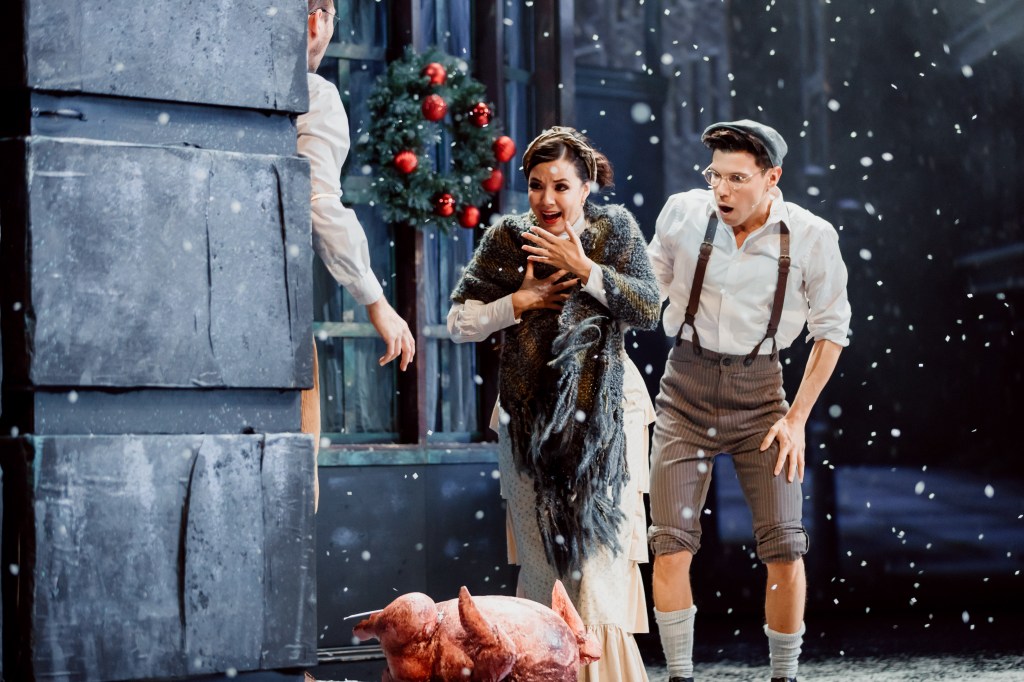
‘I think every producer or organisation feels like they can slap a Christmas carols show together,’ Tuffley says, ‘but they are hard to nail.’
The artists who spoke with ArtsHub referenced the many issues that Christmas concerts need to navigate in reflecting 2023: the acknowledgment of Christianity, global conflict, the national referendum on the Voice, representation and inclusion.
However, performing at carols can be a liberating experience for the individual singer or musician. ‘It’s very different from an eight-show week grind,’ says Stefanie Jones, who was most recently seen on Australian stages in the national tour of Mary Poppins in the title role. ‘You are playing a version of yourself,’ she continues, ‘and you’re not performing for an audience. You’re performing with them. You’re leading them in song. It’s lovely.’
Tuffley agrees. ‘You have more freedom in a carols concert because it’s not about you. In some ways, you’re a glorified karaoke singer. You’re just trying to give joy to an audience. It’s quite freeing.’
Price, Tuffley, Woodward and Jones all used the exact phrase when talking to ArtsHub: their job is to bring joy. Absent more complicated politics or economic gain, this simple transaction between audience and artist has meant the successful staging and employment of Australian artists for decades.

